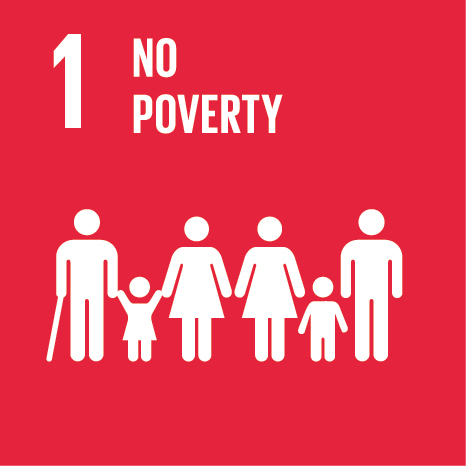Ciência_Iscte
Publications
Publication Detailed Description
Self-reported bilingual outcomes and language acculturation among descendants of Turkish immigrants in France, Germany and the Netherlands
Web of Science®
This publication is not indexed in Web of Science®
Scopus
This publication is not indexed in Scopus
Google Scholar
This publication is not indexed in Google Scholar
This publication is not indexed in Overton
Abstract
This study looked in detail at the management of language diversity among the descendants of Turkish immigrants and their families of origin in France, Germany and the Netherlands. I took a sociological approach to the use of self-reported language proficiency in early adulthood as an indicator of linguistic self-esteem (Bourdieu, 1991; Fishman 1991; Brizić, 2006; Norton, 2006). Approaching reported language outcomes as a consequence of collective processes, I aimed to understand the extent to which linguistic self-esteem in each of the three countries was associated to other variables, both linguistic and non-linguistic. The data for the study were drawn from The Integration of European Second Generation (TIES), I first analyzed respondents’ linguistic starting point through indicators of parents’ linguistic capital and the respondents’ childhood language environment; second, I assessed current language dynamics, through language uses in the family; and third, I used other variables as indirect indicators of individuals’ language contact opportunities, specifically those related to social background and to the city where individuals’ grew up and currently live, with a particular focus on school experiences.
Esta tese pretendeu estudar a gestão da diversidade linguística entre os descendentes de imigrantes turcos e suas famílias de origem em França, Alemanha e Holanda. A partir duma abordagem sociológica, utilizei o conceito de auto-relato da proficiência linguística em idade adulta como um indicador de auto-estima linguística (Bourdieu, 1991; Fishman 1991; Brizić, 2006; Norton, 2006). Abordando os resultados obtidos como consequência de processos colectivos, pretendi analisar a forma como a auto-estima linguística em cada um dos três países se encontrava associada a outros factores, sejam eles linguísticos e não-linguísticos. Utilizandos os dados do inquérito The Integration of European Second Generation (TIES), analisei, numa primeira etapa, o ponto de partida linguístico dos descendentes dos imigrantes turcos nos três países, através de indicadores relacionados com o capital linguístico dos pais, o ambiente linguístico dos inquiridos durante a infância e no seio familiar; em segundo lugar, procurei identificar as mais recentes dinâmicas linguísticas na família, através de práticas linguísticas e, numa terceira etapa, analisei os indicadores que reflectem, de forma indirecta, as diferentes oportunidades de contacto linguístico, em relação à condição social de origem e ao contexto local onde os indivíduos cresceram e vivem actualmente, focando particularmente nas suas experiências escolares.
Acknowledgements
Marie Curie Fellowship Programme of the European Union; the
Fundação para a Ciência e Teconologia (FCT) of the Ministério da Ciência e do Ensino
Superior in Portugal; the Institut national d´études démographiques (INED) in France;
Keywords
Descendants of Turkish immigrants,Linguistic-self esteem,Linguistic socialization experiences,Bilingualism,Language acculturation,Filhos de imigrantes turcos,Auto-estima linguística,Socialização linguística,Bilinguismo,Aculturação linguística
Fields of Science and Technology Classification
- Sociology - Social Sciences
- Other Social Sciences - Social Sciences
- Languages and Literature - Humanities
Contributions to the Sustainable Development Goals of the United Nations
With the objective to increase the research activity directed towards the achievement of the United Nations 2030 Sustainable Development Goals, the possibility of associating scientific publications with the Sustainable Development Goals is now available in Ciência_Iscte. These are the Sustainable Development Goals identified by the author(s) for this publication. For more detailed information on the Sustainable Development Goals, click here.

 Português
Português




